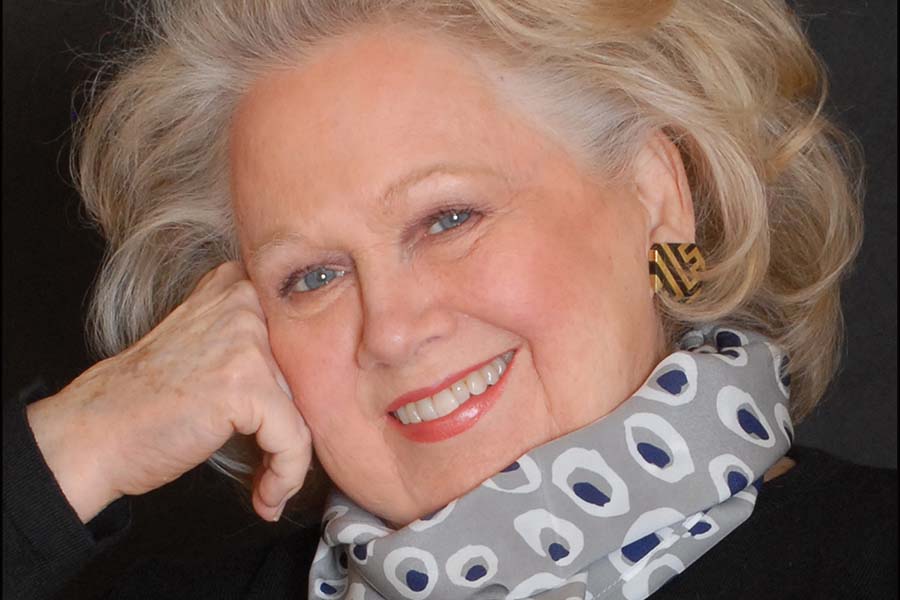The singer and actor Barbara Cook, who originated the roles of Marian in The Music Man and Amalia in She Loves Me and later became a master of the cabaret songbook, died on Aug. 8 at the age of 89. Below is a collection of remembrances from colleagues and close admirers.
Singing the Truth
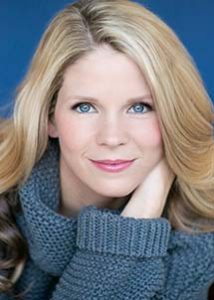
The reasons why she was my hero are obvious. Yes, she was a soprano. She was the soprano on Broadway. She played all the best roles. She was a mother. She was brutally honest. She suffered through unthinkably hard times and came back fighting. And won. She was relevant in this teeter-totter business for almost 90 years. If those aren’t the characteristics of a hero for a woman like me, I’ll change the word. She could make any word equal truth.
Years ago, she gave me my first appearance at Carnegie Hall, and, unknowingly, I gave her her last. She graciously joined me onstage there last October, and the entire audience and I sang “Happy Birthday” to her. I didn’t know it would be her last birthday. I didn’t know it would be her last time on that stage. But what I know for sure is that I needed to thank her. And I did. And I do. And I always will.
Thank you, Barbara Cook. My hero.
Kelli O’Hara
Parallel Lines Who Meet

Barbara Cook was the first star with whom I ever worked on Broadway, and our careers paralleled over the years. Aside from a huge talent, she was a consummate professional. She had great taste, interpreted songs with an uncommon intelligence, and had a ravishing voice. Her brilliant performances will rest indelibly in the minds of anyone who was ever lucky enough to see and hear her. She will be missed terribly by anyone who loves theatre music. I’ll miss her talent, but also so much as a friend.
It’s worth noting that Bryonha Marie Parham dedicated her performance of “Will He Like Me?” last night in Prince of Broadway to Barbara. My entire cast carried all of our sense of loss.
Harold Prince
Our Pioneer
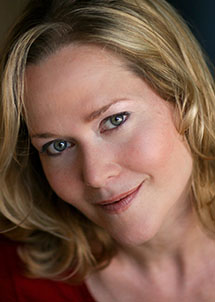
I’ve admired Barbara Cook since I was a freshman in college about to audition for Marian in the The Music Man. I wanted to be like her, and she inspired me to seek a career in musical theatre.
Her story continued to influence me as I read more about her. After graduation I moved to New York City, and nine years later Barbara Cook sent me flowers for the opening night of Show Boat on Broadway. I’ll truly never forget that experience. Since that time our paths crossed often. I’ve proudly sung at numerous tributes for her, and she graciously and generously wrote some CD liner notes for a recording of mine.
Barbara was a pioneer; there was just nobody like her. I always admired the way she reinvented herself to become one of our most beloved cabaret performers. At 89 she could still sing anyone under the table. I wish I could thank her again for her friendship, her inspiration, and her artistry. I loved her. She will be missed.
Rebecca Luker
So Lucky I Feel Like Crying
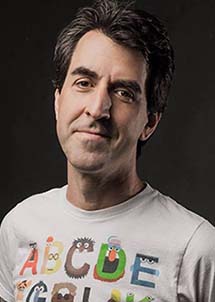
I was playing piano at Hal and Judy Prince’s Christmas party one year when someone suggested that Barbara Cook sing “In Buddy’s Eyes.” Suddenly Barbara was sitting next to me, and I was sight-reading the song out of the bound Follies score that Hal kept on a shelf in the living room. I don’t think I played it especially well, but she sang it beautifully, of course. I’m so grateful to have had that moment. We were all lucky to have that voice in our lives for as long as we did.
Composer/lyricist Jason Robert Brown
Silvery Soprano
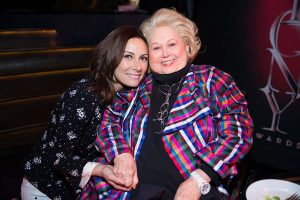
Growing up, Barbara Cook was a staple in our home. My mother would play her records and sing along in her silvery soprano. I would sit, imagining myself effortlessly gliding through the stratosphere. Ms. Cook made it sound so easy.
Through the years, I saw her in concert, marveling at her stamina, her ability to act a song, and how glorious she continued to sound. On the occasions I had the opportunity to meet her she was always so generous, and amiably put up with my fangirling. Every time I was in her presence I cried. That’s how much she meant to me. Although so many of us are devastated by her loss, I am so grateful to know that through her recordings her legacy will live on.
Laura Benanti
The Greatest
Barbara will always be remembered as the greatest soprano in Broadway history. Her talent was singular, unique, and unparalleled. She was a complex woman with many issues, but they never got in the way of her innate perfection. As a friend she was devoted and stalwart. All of us lucky enough to be her friend miss her terribly.
Performer and conductor Michael Feinstein
Every Performance a Lesson
To talk about Barbara Cook is to risk talking hyperbole because everything she did was that unbelievably good. Ravinia had the great joy of presenting her in a variety of guises: as headliner with the Chicago Symphony Orchestra; in the more intimate cabaret performances for which she was so aptly celebrated; and most impressively, for me, as a teacher to singers in our summer conservatory, Ravinia’s Steans Music Institute.
My staff and I were talking just the other day about how her master class still stands out as the epitome of what a master class should be: one part education, one part performance, and one part high-wire act. But why should we have been surprised? Her generosity as a teacher matched her generosity as one of the most luminous performers the theatre has produced. In a way, she was teaching all of us every time she took to any stage. We’re proud to have hosted her on all three of our stages at Ravinia, and she will never be forgotten—especially as the Bernstein celebration approaches and her most glittering performance of all, in Candide, reminds of us of what we had and who we lost.
Welz Kauffman, president and CEO, Ravinia Festival
Elevated Speech

Barbara Cook was the world to me in ways that are impossible to articulate. She was one of the very greatest song interpreters—certainly one of the most honest—we had. I’m so grateful for all the times I got to hear her in glorious flight.
The concert I keep remembering today is from the Martin at Ravinia, where she gave one of her final performances of “Glitter and Be Gay.” She said she didn’t think she could hit the high notes anymore, so she would visualize Kiri Te Kanawa hitting them for her. She was in her late 60s, and the sounds were glorious. More importantly, they felt like speech, elevated speech—that magical thing that only the wedding of sublime music and brilliant text can be. Her spirit rode on her voice like no one else’s, no matter if the notes were high, low, fast, slow, conversational, or stylized.
What she and Wally Harper did with arrangements changed popular music forever, and this world is a much less melodious, honest, lusty place without Queen Barbara in it. Thank you for all the gorgeous songs.
Doug Peck, music director, Goodman Theatre

